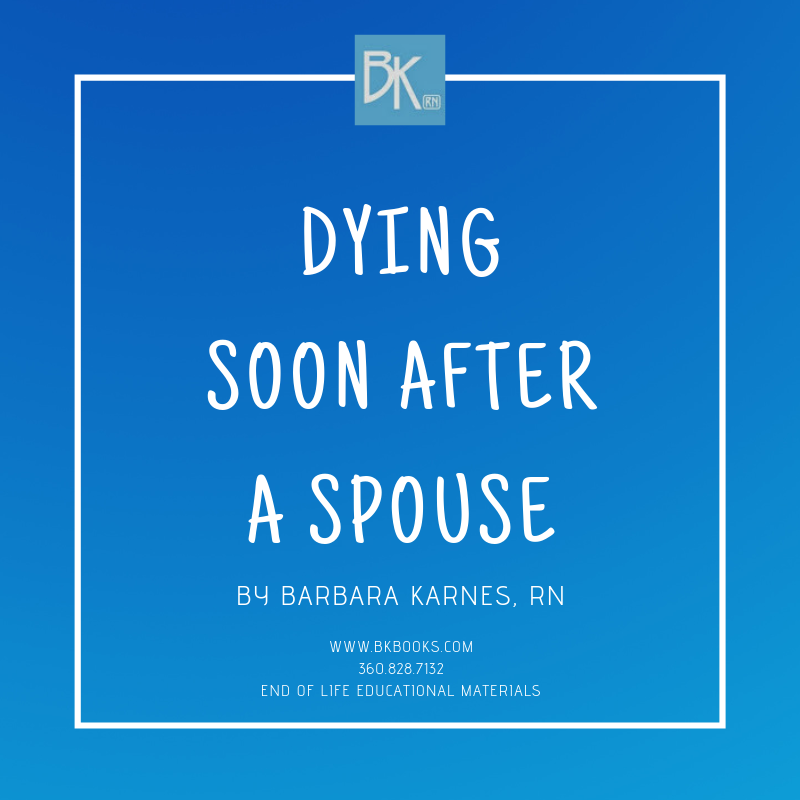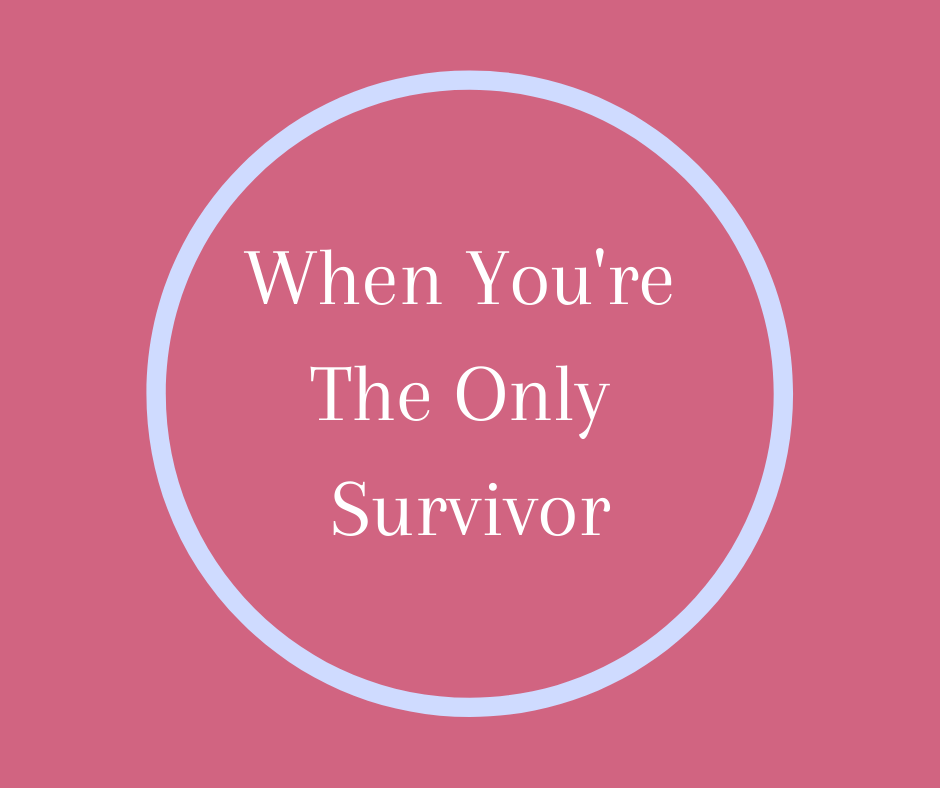QUESTION: Could you talk about healthcare workers, hospice workers specifically, who have a loved one in hospice? We might feel we have all the answers, but we are human before we are hospice workers.
When my mother was in the dying process I moved her into my home and put her in the hospice I had been director of for many years. When the nurse arrived at our door the first thing I said to her was “I am Dorothy’s daughter, not Barbara, the nurse and once director of your hospice.” The saying “a person who has himself for a lawyer has a fool for a lawyer” applies to the medical arena as well.
When we are emotionally involved we cannot be as objective and clear headed as we need to be. We think with our heart and our feelings and that often clouds our judgement.
My husband tells the story of me asking our hospice nurse how long she thought my mother had to live (a question all families ask). My husband knew that I trained the nurse in the signs of approaching death, and if it had not been my mother I would not have needed to ask the question.
How much time and physical involvement the employed nurse has to dedicate to the relative on hospice or in the dying process is also important to consider. I actually quit my job as director of a hospice to care for my mother in the last months of her life. I figured I could always get another job but would never have those months with my mother again.
I was fortunate to be in a financial position that allowed me to take time off. If that is not an option tell your supervisor and see if you can have a lighter case load. Make sure to share your feelings with a friend. This is important whether you are working or not. Recognize that you will not be at the” top of your game” because all your patient’s and their experiences will be filtered through your own emotional feelings about the loved one who is also approaching death. You will not be seeing situations as clearly as you would if you yourself were not experiencing the end of life with someone you care about.
Caring for someone we love at end of life can be a double edged sword. We have the knowledge and expertise to see that our loved one is very well cared for. On the other hand we carry a heavy burden if we are still working in the end of life field. We work with intensity all day and return home (our supposed sanctuary where we recharge) only to continue the intensity in our personal lives. Support and help from others is vital.
Something More about One of Our Own...
As the holidays approach, it will be even more challenging to find time for self care. Start now by making a list of things that will bring you comfort and a list of things that are known stressors. Let go of the stressors and set dates for the things that bring joy. And for those of you who need to know the signs of approaching death and how to care for your loved one, order my EOL Guideline Series. Pain At End Of Life has been added to the series.







